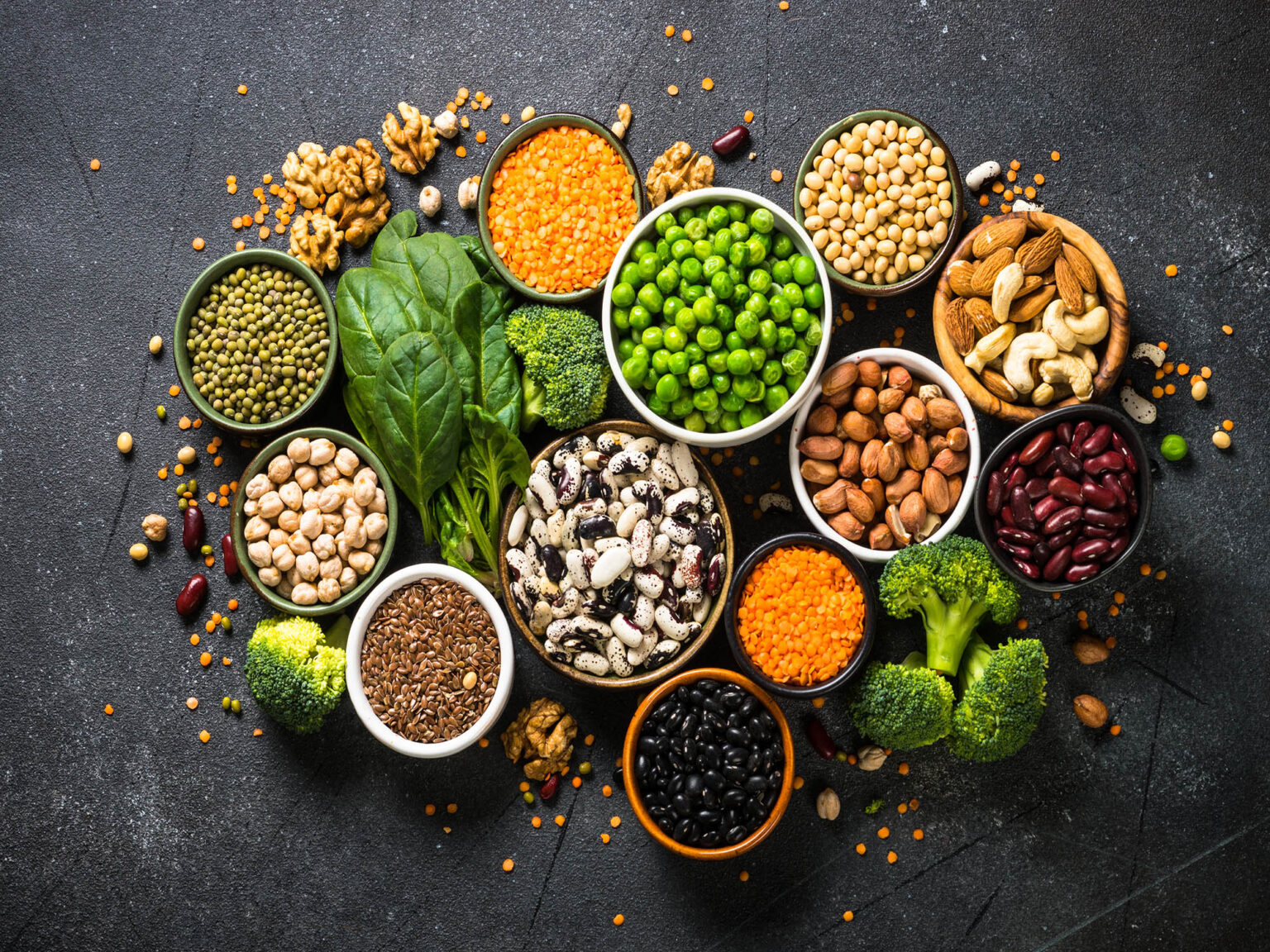Over the past few years, plant proteins have experienced a tremendous rise in popularity, with increasing numbers of individuals embracing healthier, sustainable living. Whether it is because of dietary needs, ecological awareness, or simply the need to enhance overall health, plant proteins are fast becoming a smart choice over the conventional animal-based alternatives.
Filled with vital nutrients, plant proteins such as lentils, chickpeas, quinoa, and tofu are not only high in protein but also rich in fiber, vitamins, and antioxidants. These nutrients support muscle growth, immune function, and digestive function. With an increasing number of consumers looking to plant-based diets, these proteins are becoming kitchen staples globally.
Plant proteins also carry a number of health advantages in the form of lower risks for chronic conditions like heart disease, diabetes, and obesity. Plant proteins tend to be lower in saturated fat and cholesterol and, therefore, healthier for the heart for individuals concerned with their well-being. Due to advances in plant-based foods like burgers, milks, and snacks, incorporating these proteins into regular meals has never been simpler.
As the worldwide shift towards sustainability increases, the environmental advantages of plant proteins also come into the picture. They use less natural resources and cause less carbon footprint than animal husbandry, so they are an essential part of minimizing our environmental impact. Plant-based proteins are here to stay, changing diets and reimagining the future of food.









